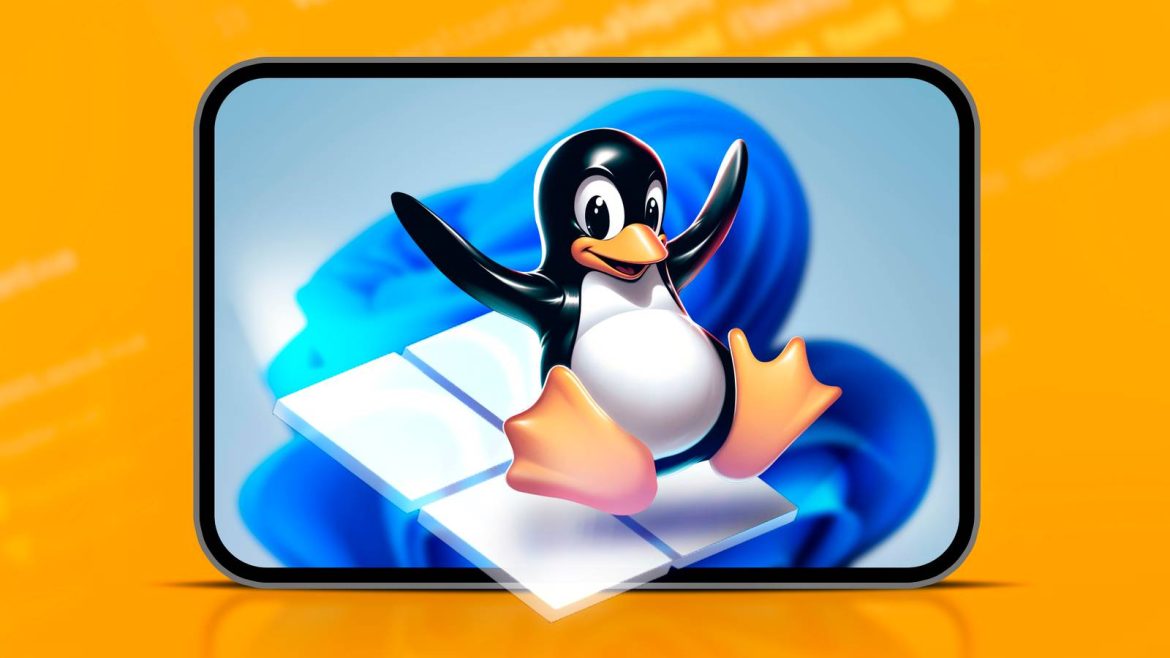To not much official fanfare on Thursday, the Windows operating system turned 40 years old, marking four decades since Windows 1.0 debuted in the United States on November 20, 1985. Its midlife milestone comes with a crisis, though. Diehard Windows users are switching to Linux for a variety of reasons.
For one, gaming is finally better on Linux machines, which makes the moat Windows dug for itself a little more passable. Add to that the end of support for Windows 10 in October, the growing frustration among power users about Microsoft Recall, and the growing number of polarizing features, and power users are finding plenty of reasons to make the switch to Linux.
It’s unclear if the wave of Windows power users loudly moving to Linux has crested yet, or if this is just the beginning. That said, the past year has seen a flood of articles like this one, scores of posts on Reddit, and YouTube videos documenting and occasionally evangelizing the conversion to Linux.
Everyone says Linux is better than Windows, but I’m not buying it
I get the love for Linux; I just don’t share it.
Gaming is getting better on Linux
It’s getting better all the time
Let’s start with gaming. For years, gaming was easier on Windows, but a growing number of Linux distros are great for gaming (we like Pop! _ OS). There’s also Bazzite, which is great for new Linux converts and has Steam pre-installed. For non-steam games, you can run Lutris.
If you’ve got the new hardware and are put off by Windows after years of using it, but were reticent about switching because of gaming, know that there are more documented cases of gamers switching to Linux seemingly every day, with very few turning back.
Windows 10 support is over
And it’s fashionable to hate Windows 11
The end-of-life support for Windows 10 has forced many to adopt Windows 11, which is increasingly filled with AI and other chat-style features that power users don’t want.
The hate for Windows 11 is strong, and what’s maybe worse, fashionable. It’s cool to hate Windows 11. PC Mag even compiled a listicle called “The 10 Worst Things About Windows 11” in 2024, a full 18 months before Microsoft ended Windows 10 support. While Windows has addressed many of those reasons since the article was published, there’s one thing it won’t likely change soon.
Windows 10 support ended a little more than a month ago, meaning the OS wouldn’t be protected against any new viruses or vulnerabilities with updates. Suppose your PC couldn’t handle the demands of Windows 11. In that case, Microsoft suggests: “enroll in the Windows 10 Consumer Extended Security Updates (ESU) program or replace the device with one that supports Windows 11.” Neither are options
Power users are vocal about less AI in Windows
They want reliability instead
In a flare-up last week, users ratio’d a Windows leader who championed in a post on X the transformation of Windows into “an agentic OS, connecting devices, cloud, and AI to unlock intelligent productivity and secure work anywhere.” There was just one problem.
“An agentic OS” is not what the most vocal Windows power users want. As The Register memorably recounted, they just wanted Windows to be a reliable operating system.
Windows 11 is an AI-focused OS. Microsoft owns 27% of OpenAI’s for-profit entity and has access to all its IP until AGI (artificial general intelligence) is achieved. Microsoft Recall — which takes screenshots every 3 to 5 seconds — was postponed before it could even debut in June 2024 due to privacy concerns. It is reviled mainly by power users, and other AI features are in the pipeline for Windows.
Sorry, Linux fans: This OS is actually the better Windows replacement
Not Linux, not Windows. Something better.
What’s next for Windows
In an interview this week, Navjot Virk, an executive at Microsoft, told The Verge that AI agents are being integrated directly into the Windows 11 taskbar. “This is all about us wanting to make sure that every user can get the superpowers of AI,” Virk told the tech publication.
If you wanted Microsoft to focus more on reliability instead of adding more AI features to Windows, you might be eyeing a Linus OS right about now.

